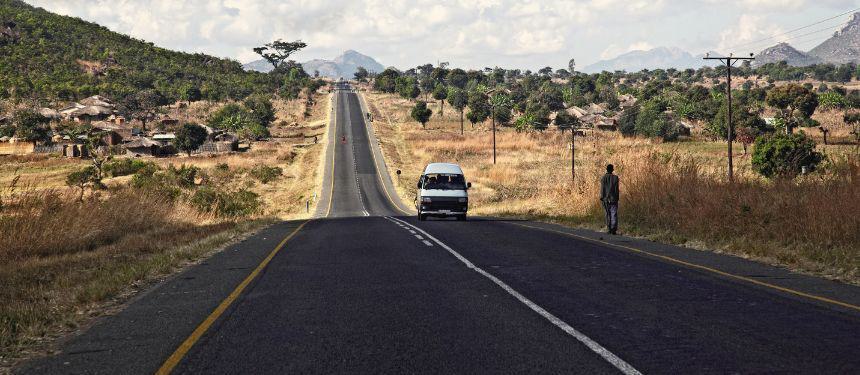Assisting Congolese refugees in their journey to relocation
Australia’s ‘safe passage’ programme allows refugees and people in humanitarian need to resettle within the country, providing them with a pathway to safety and protection. Healix provides services to support this critical humanitarian initiative.

Challenge
Our Malawi Ground Team worked to ensure that Congolese refugees seeking Australian citizenship attended required medical appointments and returned to camp without delays. This was a complex undertaking; the journey to the panel hospital is 50.5 km each way and was fraught with challenges like traffic, poor road conditions and police checkpoints. To come and go from the camps, each refugee needed to obtain UNHCR-issued movement passes, which required significant paperwork and pre-trip coordination.
Each trip to the panel hospital involved transporting multiple refugees with varied appointments. Our team coordinated with hospital staff to manage blood tests, scans and consultations. All tasks and the return journey needed to be completed before the camp’s strict 18:00 curfew; missing curfew left refugees without overnight shelter - an unacceptable risk given their vulnerabilities.
Our team needed to consistently strike a careful balance between efficiency and cost - moving enough refugees to minimise backlog but avoiding system overload. Delays meant an increased risk of curfew breaches, logistical challenges and extra costs. This required meticulous planning and real-time problem-solving to ensure smooth operations.
Approach
After careful planning and development of detailed contingencies, Healix provided key recommendations for how our Ground Team could be most effective. First, the pick-up time of refugees at the camp needed to be at 07h00, allowing for the Ground Team to perform their preparatory move during daylight.
For safety and logistical reasons, we recommended a maximum group size of 12, which meant larger groups would be processed over a two-day timeframe. We also emphasised the importance of establishing a transit area for picking up the refugees and stressed that UNHCR movement passes should be shared with Ground Team ahead of tasks.
We established the latest acceptable departure time of 15h30 from the hospital, giving the team time to feed the refugees on the road during the return journey to the camp.
Outcome
Due to our team’s careful consideration of variables - including the number of passengers, on-time access to movement passes, road checkpoints, traffic and appointment delays - we were able to continuously improve the process of collection, movement, attendance and departure to ensure our Ground Team and the refugees arrived at the camp safely and before curfew. The successful completion of these tasks has helped Congolese refugees complete a critical step on the path to Australian citizenship.

